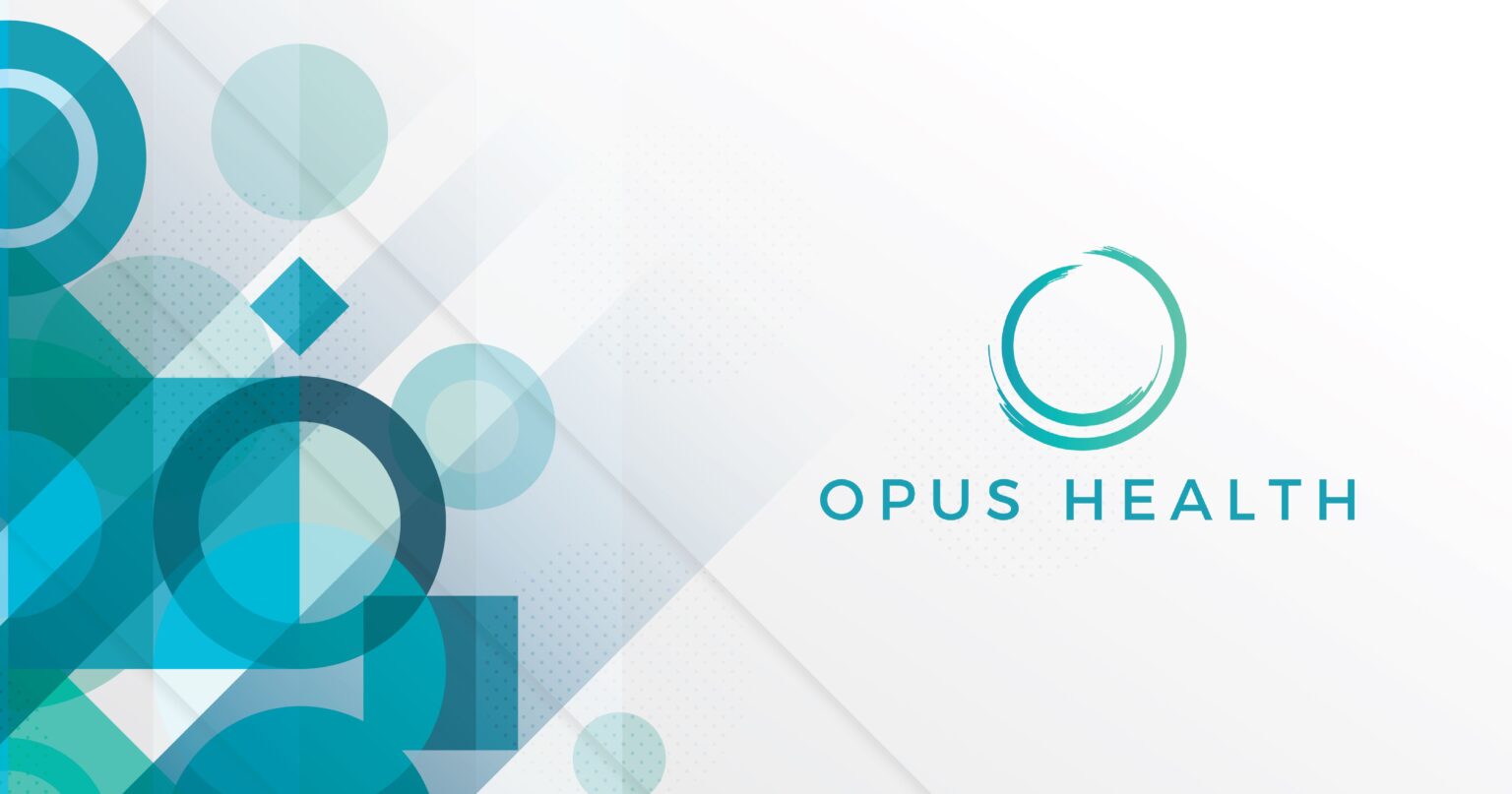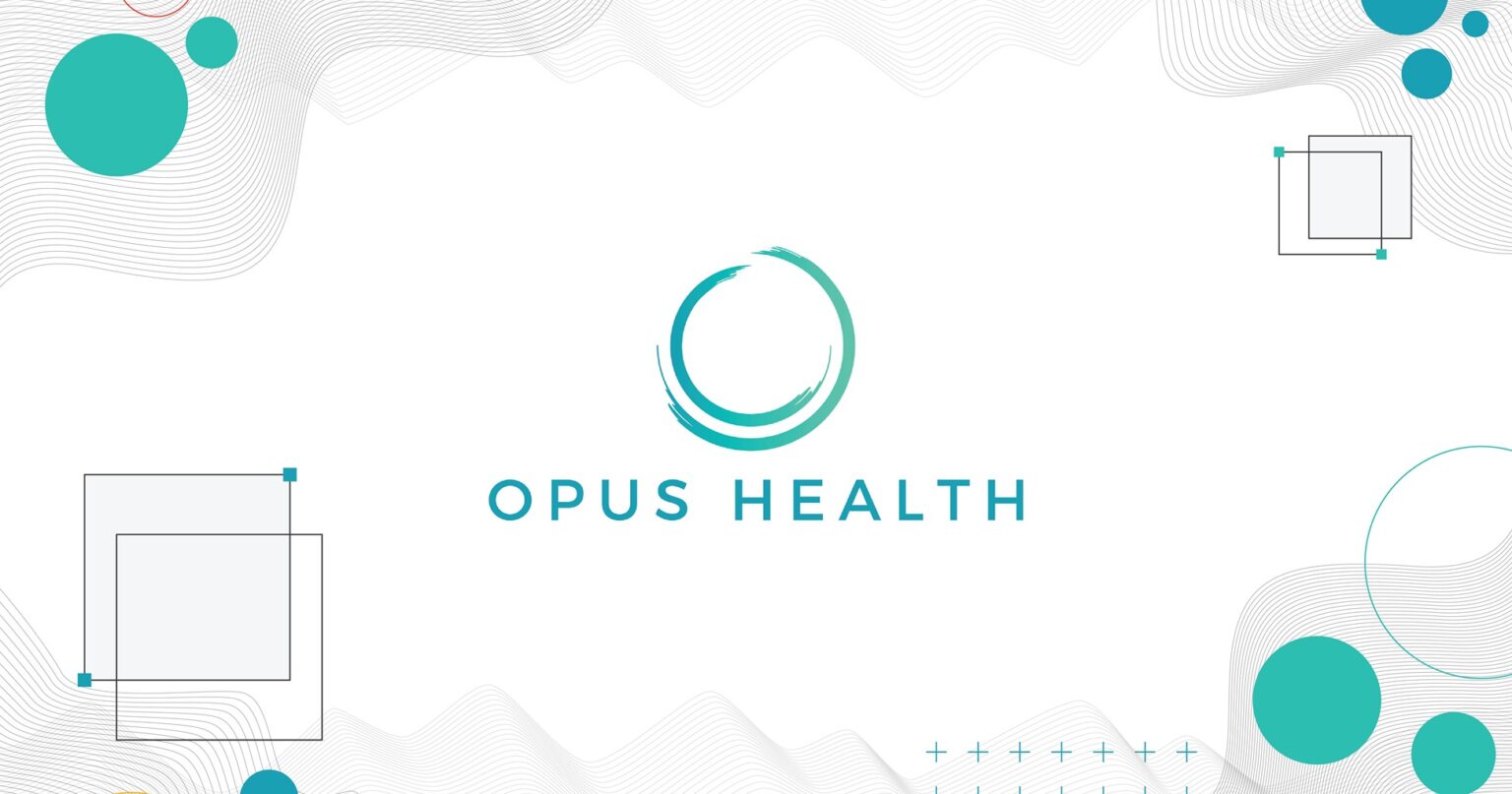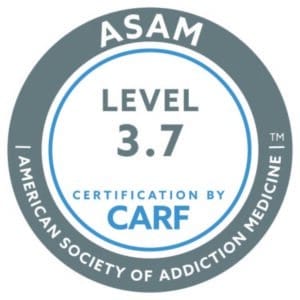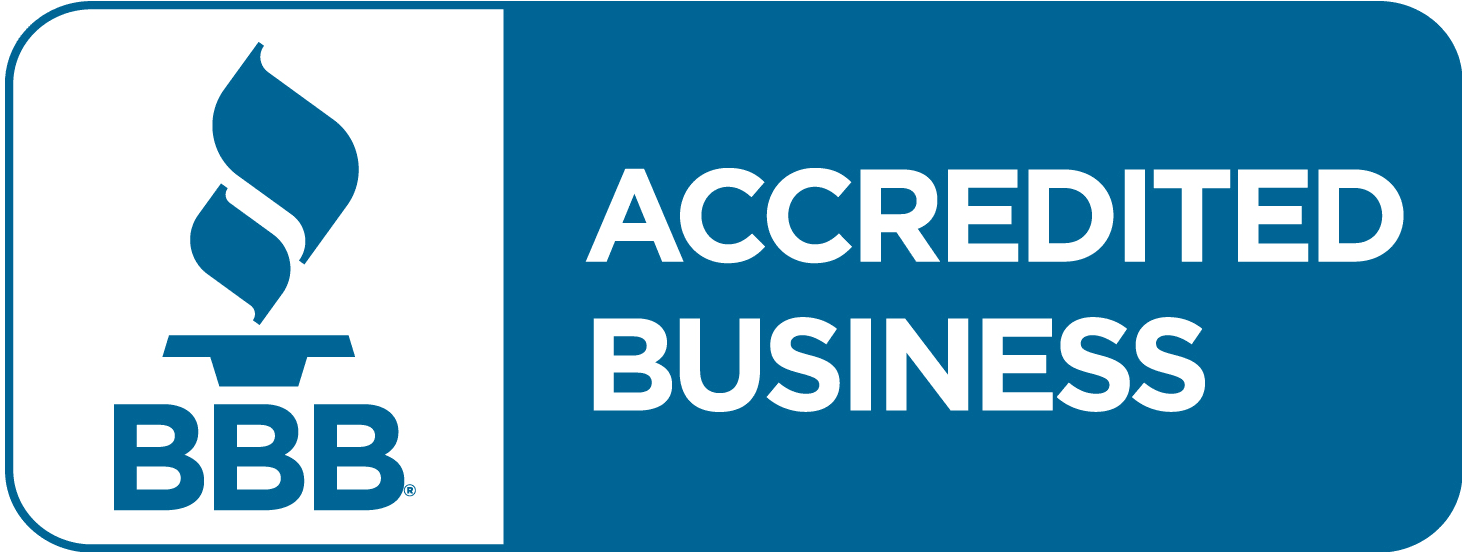Group Therapy Activities: Building Connections and Achieving Therapeutic Goals
Group therapy activities play a crucial role in helping individuals improve their mental health. These activities offer opportunities for social connection, personal growth, and skill development. Through guided exercises, group members can experience the therapeutic benefits of shared support and interaction. This article will explore various types of group therapy activities, their benefits, and how they contribute to achieving therapeutic goals.

What Is Group Therapy?
Group therapy involves structured sessions where mental health professionals guide individuals in a group setting. In these group therapy sessions, participants share experiences, express thoughts, and work on personal challenges. The group setting provides a space for individuals to connect, grow, and develop important coping strategies.
Benefits of Group Therapy Activities
Group therapy offers many therapeutic benefits that help improve mental health. Key benefits include:
- Building Social Skills – Participants interact with others, improving communication and interpersonal skills.
- Support and Understanding – Being part of support groups helps individuals feel less isolated.
- Learning Coping Skills – Activities teach problem-solving skills and coping strategies.
- Promoting Self Awareness – Exercises encourage self-reflection and personal growth.
- Enhancing Group Cohesion – Working as a group fosters trust and connection among group members.
- Improving Self Esteem – Positive interactions and feedback increase confidence.
- Encouraging Self Expression – Activities provide a safe environment to express feelings.

Types of Group Therapy Activities
Here are various types of group therapy activities that mental health professionals may use during group sessions:
1. Icebreaker Activities
Icebreaker activities help group members feel comfortable. These include simple introductions or fun games. Icebreakers create a relaxed group setting and build initial trust.
2. Mindfulness Exercises
Mindfulness exercises focus on breathing and staying present. These therapy activities reduce anxiety, enhance self-awareness, and improve coping skills.
3. Role-Playing Exercises
Role-playing helps participants practice interpersonal skills and conflict resolution. It allows group members to act out scenarios and explore solutions to challenges.
4. Gratitude Sharing
Each group member shares one thing they are grateful for. Gratitude exercises promote positive thinking and improve self-esteem.
5. Problem-Solving Activities
Activities that focus on problem-solving skills encourage participants to work as a team. Group members discuss solutions, learning valuable coping strategies together.
6. Art Therapy
Art therapy activities allow self-expression through creative outlets like drawing or painting. This promotes emotional release and self-reflection.
7. Group Discussions
Guided group discussions allow participants to share thoughts on a specific topic. Group therapy sessions like this foster group cohesion and help participants learn from one another.
8. Conflict Resolution Exercises
Activities focusing on conflict resolution teach strategies for managing disagreements. Participants develop healthier communication and interpersonal skills.
9. Self-Awareness Journaling
Journaling helps participants reflect on their thoughts and emotions. Self-reflection builds self-awareness and encourages personal growth.
10. Virtual Group Therapy Sessions
In virtual group therapy sessions, mental health professionals use online platforms for group discussions and therapy activities. These provide therapeutic benefits while maintaining accessibility.
11. Group Role Allocation
Participants are assigned roles during group activities. This fosters active participation, improves problem-solving skills, and promotes group cohesion.
12. Team-Building Exercises
Team-building exercises encourage cooperation and trust. These activities help develop conflict resolution skills and improve group cohesion.
13. Music Therapy
Music therapy allows participants to express emotions through songs or instruments. This form of self-expression can relieve stress and enhance mood.
14. Storytelling Circles
Storytelling circles encourage participants to share personal stories. These group activities build trust, self-esteem, and self-awareness.
15. Guided Meditation
Meditation activities provide relaxation and stress relief. These therapy activities improve mental health by teaching participants to focus on the present moment.
16. Coping Strategies Workshop
Workshops on coping strategies teach participants ways to manage stress and difficult emotions. This improves their ability to handle mental health challenges.
17. Therapeutic Games
Fun group therapy activities, like therapeutic games, engage participants while promoting group cohesion. Games often address coping skills or communication.
18. Active Listening Exercises
Active listening exercises teach participants to focus fully on others. This enhances interpersonal skills and encourages trust within the group setting.
19. Self-Esteem Building Activities
Activities like compliment sharing help improve self-esteem. Group members offer positive feedback, fostering a supportive group environment.
20. Support Group Discussions
Support group discussions focus on specific mental health issues. These therapy groups allow participants to offer advice, encouragement, and understanding.
21. Vision Boards
Participants create vision boards that reflect their goals and aspirations. This activity promotes self-reflection and motivates group members to work toward therapeutic goals.

How Group Therapy Activities Improve Mental Health
Group therapy activities provide essential therapeutic benefits for individuals facing mental health challenges. By participating in therapy activities, individuals:
- Learn coping strategies to manage stress and emotions.
- Improve self-awareness through self-reflection and feedback.
- Build interpersonal skills, including communication and active listening.
- Gain support and understanding from group members in a safe group setting.
- Develop problem-solving skills and conflict resolution techniques.
Fun Group Therapy Activities to Encourage Participation
Fun group therapy activities help keep participants engaged and motivated during group sessions. These include:
- Charades – A lighthearted game that encourages communication and teamwork.
- Two Truths and a Lie – A fun activity to build trust and promote group cohesion.
- Collaborative Art Projects – Group members work together on creative projects, fostering active participation and self-expression.
- Group Puzzles – Solving puzzles as a group improves problem-solving skills and cooperation.
- Interactive Storytelling – Group members create a story together, promoting communication and self-expression.
Virtual Group Therapy Sessions: Bridging the Gap
Virtual group therapy sessions allow individuals to participate in therapy activities from the comfort of their homes. Mental health professionals use video platforms to lead group discussions, mindfulness exercises, and support groups. Virtual sessions offer therapeutic benefits and ensure accessibility for participants unable to attend in-person group settings.
Key Therapeutic Goals in Group Therapy
Group therapy activities aim to achieve specific therapeutic goals, including:
- Enhancing Coping Strategies – Teaching participants healthy ways to handle challenges.
- Building Self Esteem – Encouraging self-confidence through positive feedback and support.
- Fostering Group Cohesion – Creating trust and unity among group members.
- Improving Self Awareness – Promoting self-reflection and emotional understanding.
- Developing Conflict Resolution Skills – Helping participants manage disagreements effectively.
- Encouraging Active Participation – Keeping participants engaged through group activities.
Conclusion
Group therapy activities provide a supportive and interactive environment for improving mental health. From fun group therapy activities to mindfulness exercises, each group session helps participants develop coping skills, self-expression, and interpersonal skills. Support groups guided by mental health professionals help individuals achieve therapeutic goals and experience meaningful growth. Whether through in-person or virtual group therapy sessions, group settings offer valuable therapeutic benefits for anyone seeking support and connection. Visit SAMHSA or Contact Us Today for more information.












